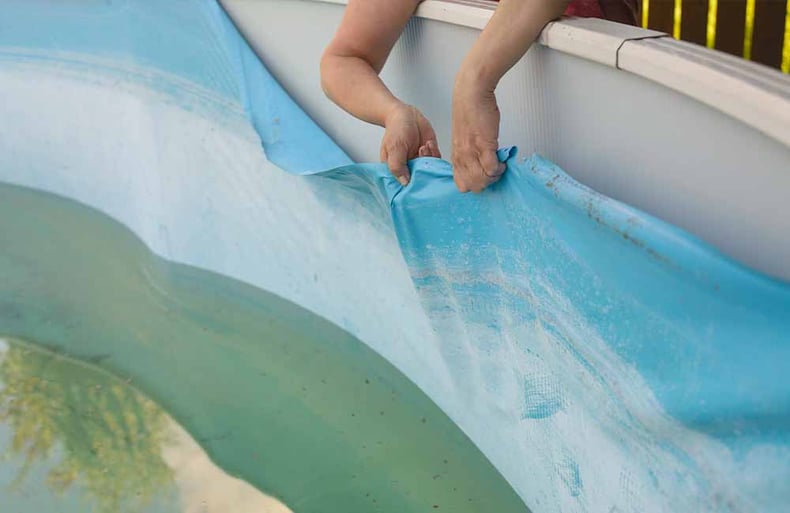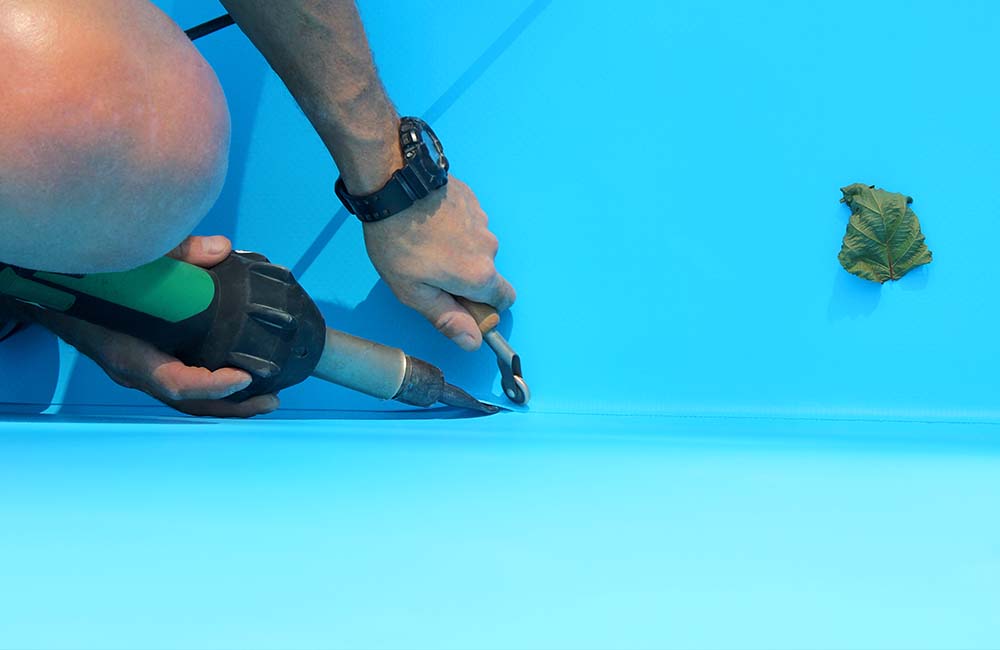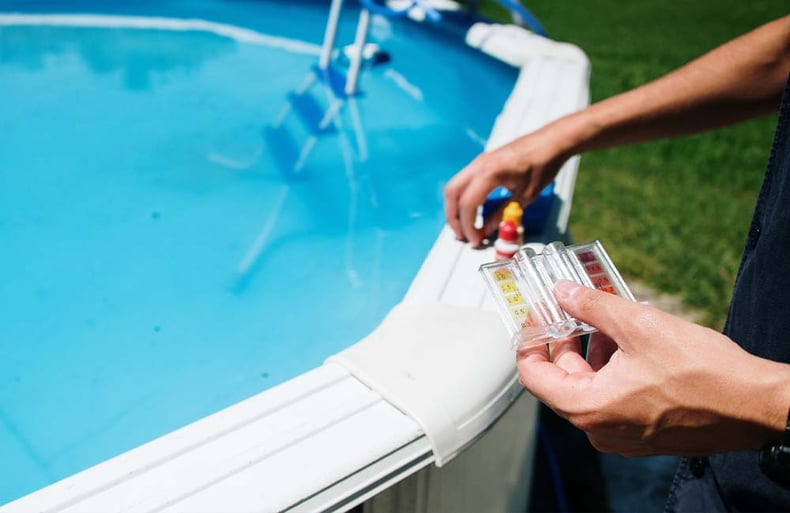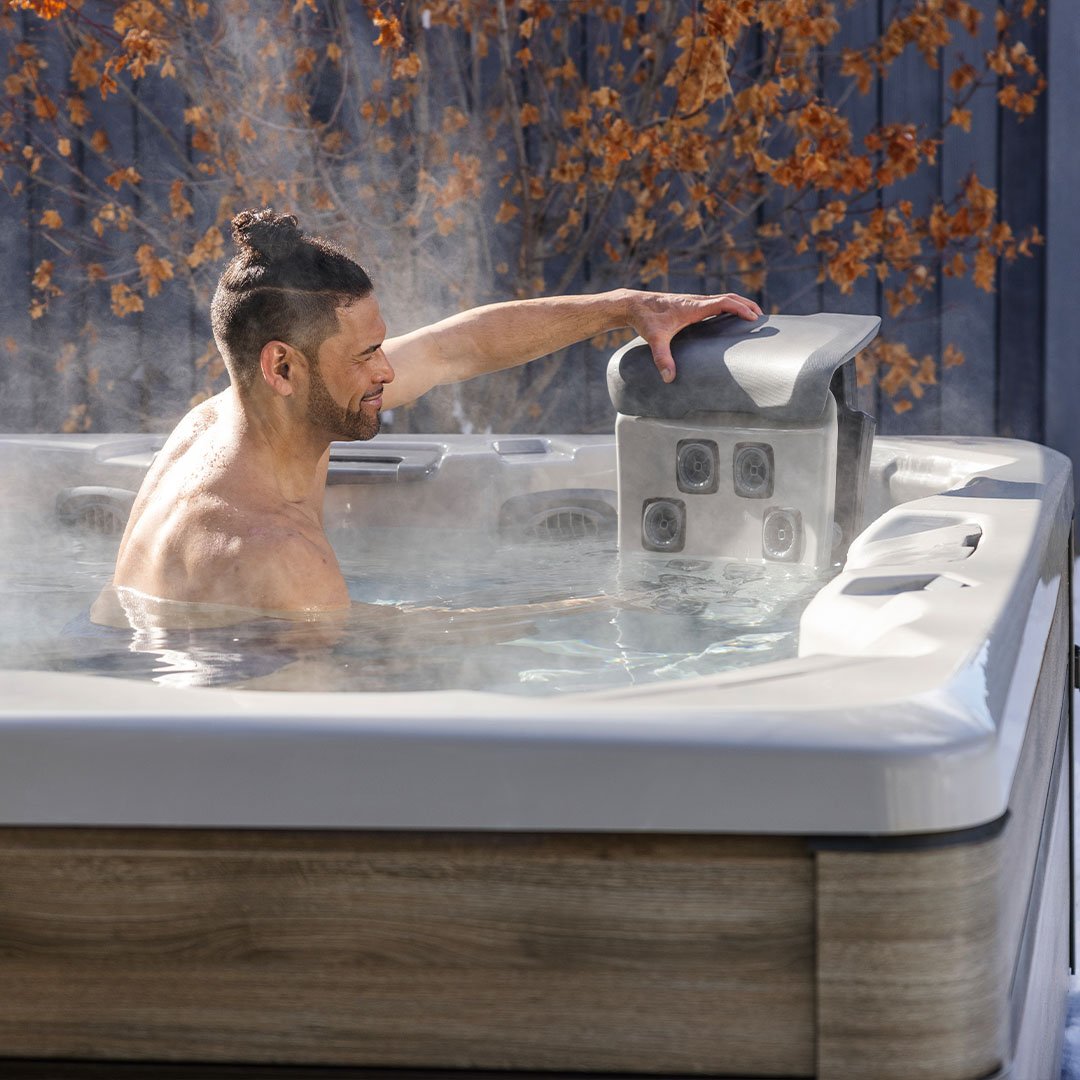How to Find a Hole in an Above Ground Pool - Comprehensive Guide
Life's best moments often unfold around a vibrant, inviting pool. But when leaks disrupt your pool's integrity, it's crucial to address them promptly. At Watson's, we're dedicated to helping you ensure that your pool remains the centerpiece of fun and relaxation. This comprehensive guide will equip you with the knowledge to swiftly locate and address leaks in your above ground pool, ensuring endless enjoyment.
The discovery of a leak in your above-ground pool can quickly turn the joy of summer into a hassle. However, with the right approach, detecting and repairing leaks can be straightforward, preventing further damage and saving you significant time and money. This guide offers a thorough walkthrough to help you identify and mend leaks, ensuring your pool is always ready for those precious moments with loved ones.
Before You Begin
Identify the Signs of a Hole/Leak
Understanding whether your pool has a leak is the first step. Signs include a noticeable drop in water levels, wet areas around the pool that can't be explained by splashing or overflow, and unusual noises from the pump system that suggest air intake issues.
Gather Necessary Tools and Materials
- Water dye test kit or pH testing liquid
- Pool patch kit suitable for underwater repairs
- Silicone sealant
- A pair of goggles for underwater inspection
Safety Precautions
Ensure a safe environment by clearing the area of sharp objects and turning off all pool machinery to avoid electrical hazards.
Step-by-Step Leak Detection
1. Check the Filtration System
Begin with the pool's filtration system since issues here are common yet straightforward to remedy. Inspect hoses, connections, and the pump for wetness or leaks.
2. Inspect Skimmers and Returns
Leaks often occur around the skimmer and return jets. Gently apply a dye near these areas and observe. If the dye is sucked toward a spot, you've located a leak.
3. Examine the Liner
The liner is a common leak location. Look for signs of wear, tears, or holes, particularly near fittings, ladders, or pool walls. Underwater goggles can aid in this inspection.
4. The Dye Test for Pinpointing Leaks
If the above steps haven't revealed the leak, use a dye test. In a calm pool, release dye near suspected leak points. Watch the dye's movement closely; if it's drawn into a spot, mark this area for repair.
5. Repairing the Leak
- For small holes or tears: Clean the area around the leak and apply a pool patch following the manufacturer's instructions.
- For issues with fittings or gaskets: Replace or reseal these components as necessary, ensuring a tight, leak-free fit.
When to Call a Professional
While many leaks can be addressed with DIY methods, complex issues or leaks that persist after your repair attempts warrant professional intervention. Don't hesitate to seek help for complicated repairs or if you're unsure of the leak's source.
Enhancing Your Pool's Longevity
Beyond leak repair, regular maintenance is key to extending the life of your pool. Here are a few tips to keep your pool in top condition:
- Regular Cleaning: Keep the pool free of debris to prevent damage to the liner and filtration system.
- Water Chemistry: Maintain balanced chemical levels to protect the liner from degradation.
- Seasonal Inspections: Check for signs of wear and potential leak sources, such as cracks in the filtration system or deteriorating seals, at the start and end of each pool season.
Embrace the Joy of a Well-Maintained Pool
With this guide, Watson’s aims to empower you to tackle pool leaks with confidence, ensuring your pool remains a source of joy and relaxation. Remember, addressing leaks promptly not only saves water and money but also preserves the integrity of your pool for years of fun and laughter.
At Watson's, we believe that life's best moments start here. Visit us for more tips, tools, and accessories to make your pool the heart of unforgettable memories.
Remember: A well-maintained pool is the foundation of countless summer memories. Let Watson's be your partner in bringing those moments to life, today, tomorrow, and for years to come.
Explore More Pool Maintenance Tips
Finding and fixing a leak is just the beginning of ensuring your above-ground pool remains a perfect oasis for relaxation and entertainment. At Watson's, we understand that regular maintenance plays a crucial role in extending the life of your pool and keeping it inviting for every splash-filled gathering.
For a deep dive into keeping your pool in pristine condition, we invite you to explore our comprehensive guide. This guide covers everything from routine cleaning schedules to balancing chemical levels, ensuring your pool remains a safe, clean, and vibrant part of your home entertainment setup.
Dive deeper into pool care: Maintenance Tips for Above Ground Pools
Once your done fixing the leak dont forget to level out your pool for an even pool surface. Check out our blog on how to level an above ground pool
FAQ's
How often should I check my above ground pool for leaks?
Regular checks are key to early detection and prevention of potential issues. We recommend inspecting your pool for signs of leaks at the beginning and end of the pool season, as well as after any severe weather events. Additionally, if you notice a sudden drop in water level or unexplained wet areas around your pool, it's time to conduct a thorough inspection. Keeping an eye on your pool's health can save you from costly repairs down the line.
Can I repair a significant tear in my pool liner, or should I call a professional?
Small tears or punctures in your pool liner can often be repaired with a pool patch kit following the manufacturer's instructions. However, for larger tears, especially those located at or near the seams of the liner, professional assessment and repair are recommended. Large tears may require a more complex repair or even a liner replacement to ensure the longevity and safety of your pool. If you're unsure about the severity of a tear, it's always best to consult with a professional to avoid further damage.
Topics: Pool - Above Ground Pools













